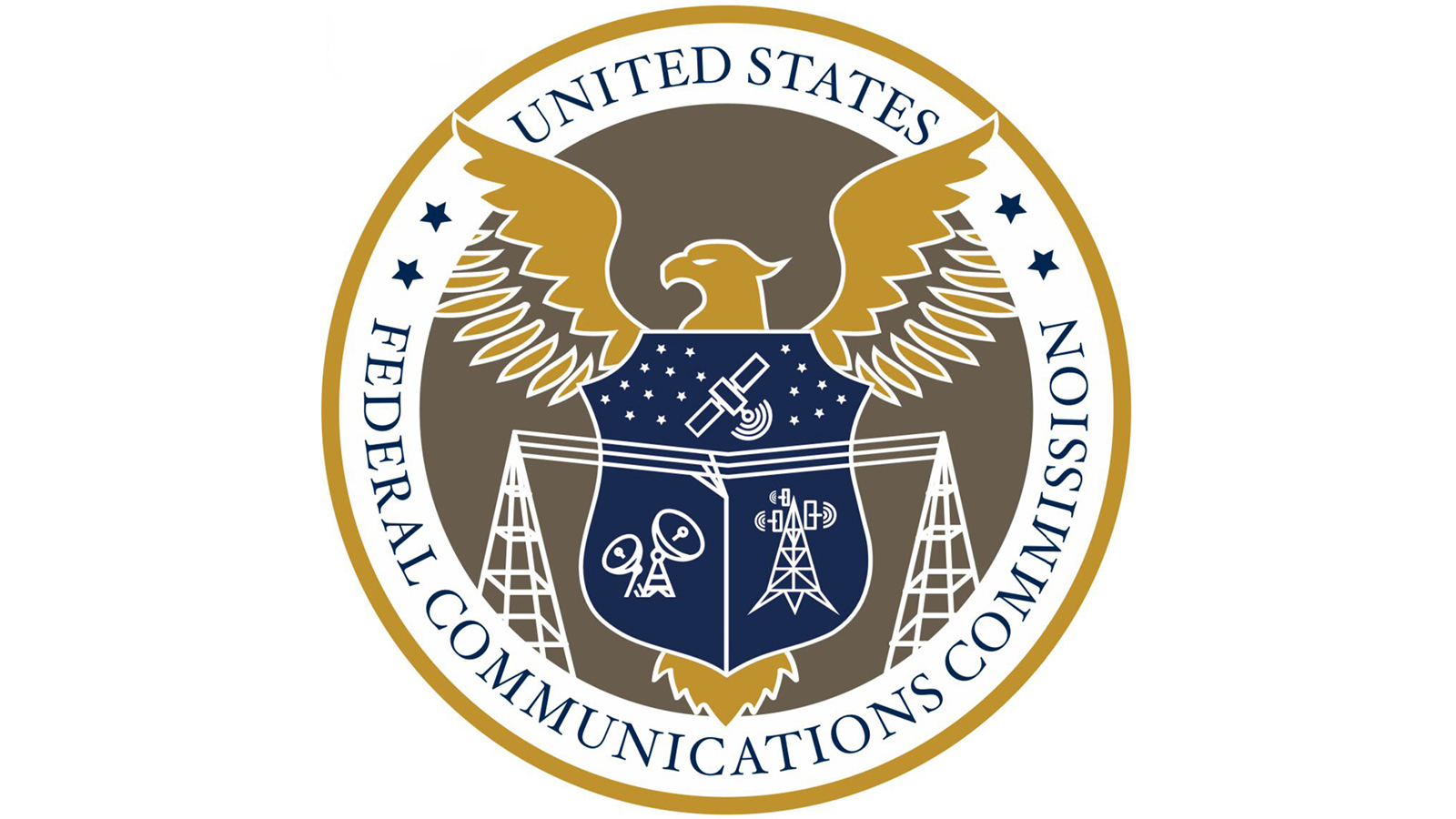FCC Diversity Committee: Yes, There Is Systemic Racism
The smarter way to stay on top of the multichannel video marketplace. Sign up below.
You are now subscribed
Your newsletter sign-up was successful
The FCC's Advisory Committee on Diversity and Digital Empowerment has left no doubt it believes there is, indeed, systemic racism in the country, something some members for the Trump Administration have publicly questioned or denied.

The committee, which advises the FCC on barriers historically disadvantaged communities face in "accessing the full range of opportunities made possible by communications, media, and technology," signaled discrimination is one of them.
Related: NAB's Sutters Says Education, Access, Are Keys to Diversity
That came in a statement on the civil rights demonstrations that have rocked the country in recent weeks.
"Recurring racial violence and hostility against the Black community, compounded by the disparate impact of the COVID-19 pandemic on communities of color, have lain bare the ages-old social, health, and economic inequities and systemic racism that continue throughout the country."
The committee said that made its job of helping expand "digital equity" and "meaningful ownership opportunities for people of color in the communications, media, and technology sectors" more important than ever.
Committee members include representatives from industry (Comcast, Charter, Beasley, T-Mobile), public interest groups, associations, and others.
The smarter way to stay on top of the multichannel video marketplace. Sign up below.
FCC chair Ajit Pai said he has been trying to focus on diversity for the last couple of years, but has been hampered by the courts.
Pai was asked during his post public meeting press conference Tuesday (June 9) about the link between media ownership and the wider conversation in the country about racial justice, whether the FCC was doing enough to promote media diversity and what more it could do.
Pai agreed the FCC could do more, but said it had run into a road block in the U.S. Court of Appeals for the Third Circuit, which he said wrongly rejected the FCC's media deregulation decision, which he said was a common sense decision based on changes in the marketplace, and the incubator itself. The Third Circuit actually threw out most of the media ownership dereg because it said the FCC had not taken into account its impact on media diversity.
He called that court decision especially unfortunate for minority and historically disadvantaged communities looking to gain a broadcast foothold, which the incubator program would have allowed many minorities to do.
Contributing editor John Eggerton has been an editor and/or writer on media regulation, legislation and policy for over four decades, including covering the FCC, FTC, Congress, the major media trade associations, and the federal courts. In addition to Multichannel News and Broadcasting + Cable, his work has appeared in Radio World, TV Technology, TV Fax, This Week in Consumer Electronics, Variety and the Encyclopedia Britannica.

